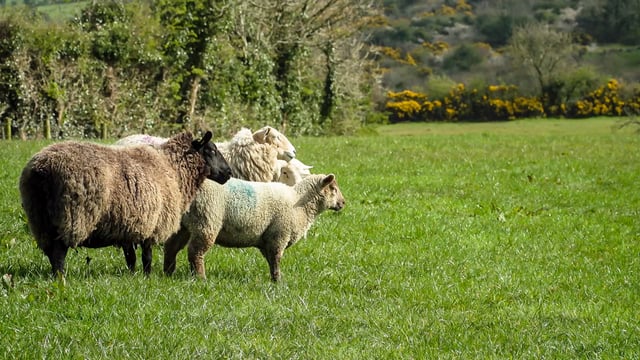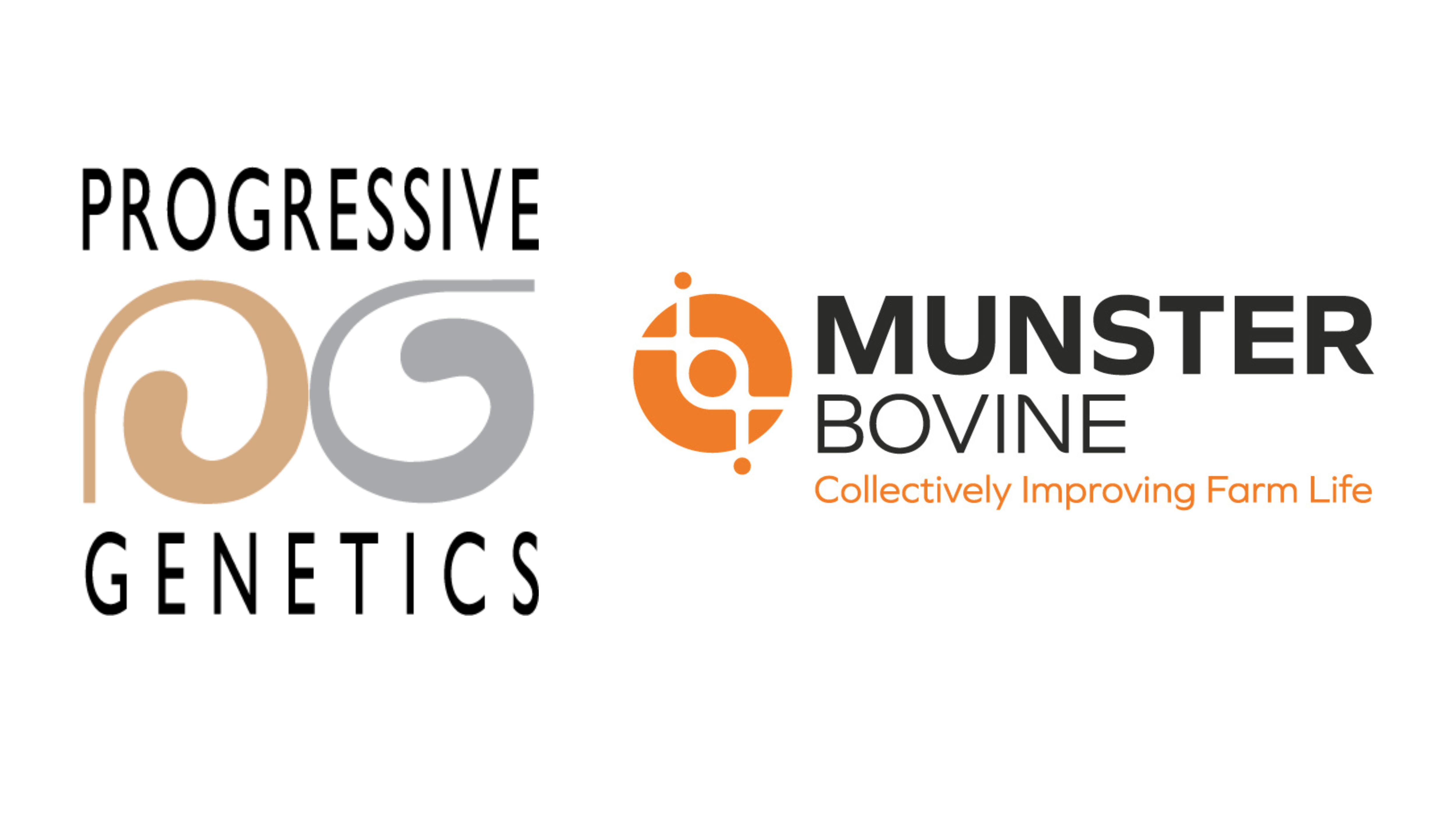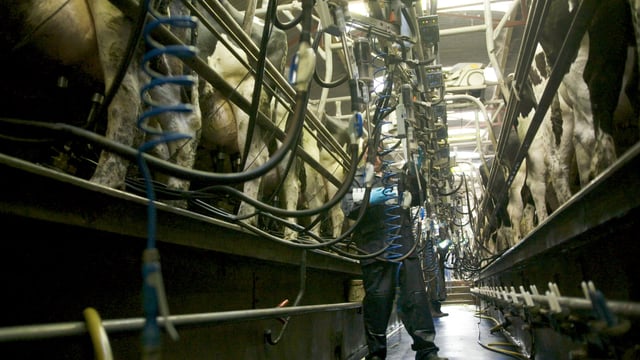NIGTA: Uncertainty and volatility in feed sector in 2022
The latest Feed Forum update from the Northern Ireland Grain Trade Association (NIGTA) has been published.
It reflects on the developments that impacted on the north’s feed compounding sector throughout 2022.
According to NIGTA chief executive officer Gill Gallagher, the year was characterised by a high degree uncertainty and volatility.
“Both these factors dominated the agri-supply trade in 2022, largely driven by the impact of the war in Ukraine," Gallagher said.
“Russia’s invasion of Ukraine had a profound effect on the global economy and caused significant supply chain disruption, particularly in the grain, fertiliser and energy markets.
Gallagher confirmed that fluctuations in the currency market further contributed to the volatility. The fall in the value of the pound had a direct impact on increasing the cost of many imports, including feed materials and fertiliser.
According to NIGTA, disruptive weather was also a feature of 2022 with heatwaves spreading across Europe, drought in parts of the US and flash flooding elsewhere.
“This not only impacted crop yields but also interfered with transport networks," Gallagher continued.
Last year saw Northern Ireland’s first Climate Change Act reach the statute book.
This followed a combined effort from the agri-food sector to ensure the targets laid down were science and evidence-based.
“The targets set are ambitious and will require collective action to achieve them," Gallagher added.
“Professional advice will play a key role in delivering important environmental messages and the feed advisor register training will be central to this," she said.
NIGTA focused much of its efforts in 2022 on dealing with the outworkings of Brexit.
As a member of the NI Business Brexit Working Group, the organisation engaged with politicians, officials and stakeholders to highlight the practicalities and impacts of proposed measures, such as the Northern Ireland Protocol.
This work will continue into 2023 in the hope that informed policy will lead to a sustainable resolution, according to the association.
“The challenges of the past year have not faded away, but our world-leading agri-food industry has a proven track record of resilience, and through collaboration we will be able to overcome them together," Gallagher concluded.





